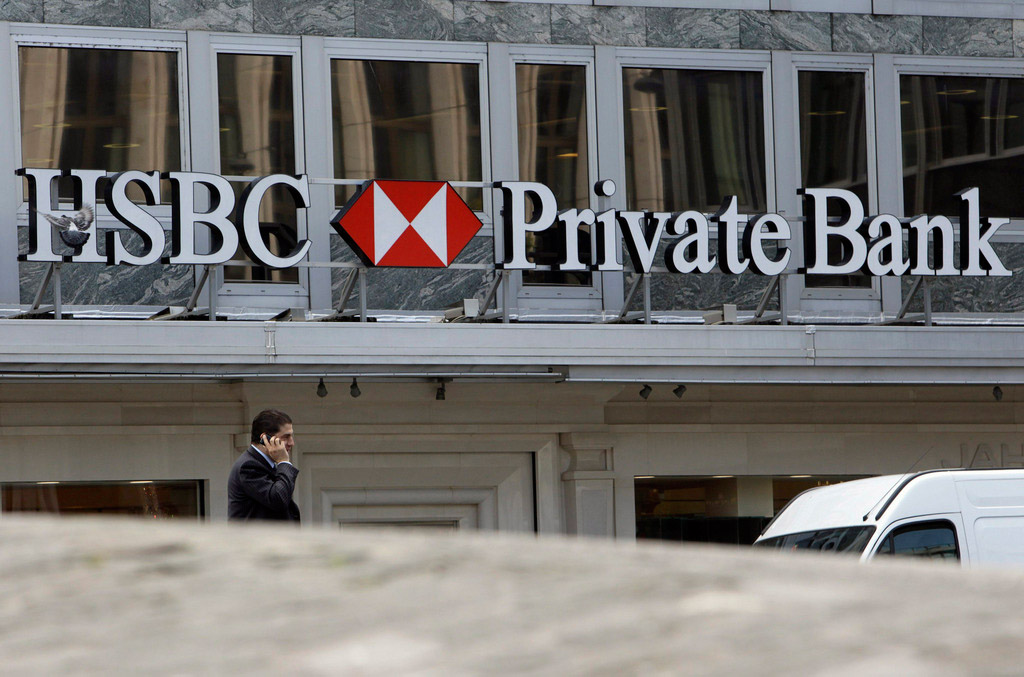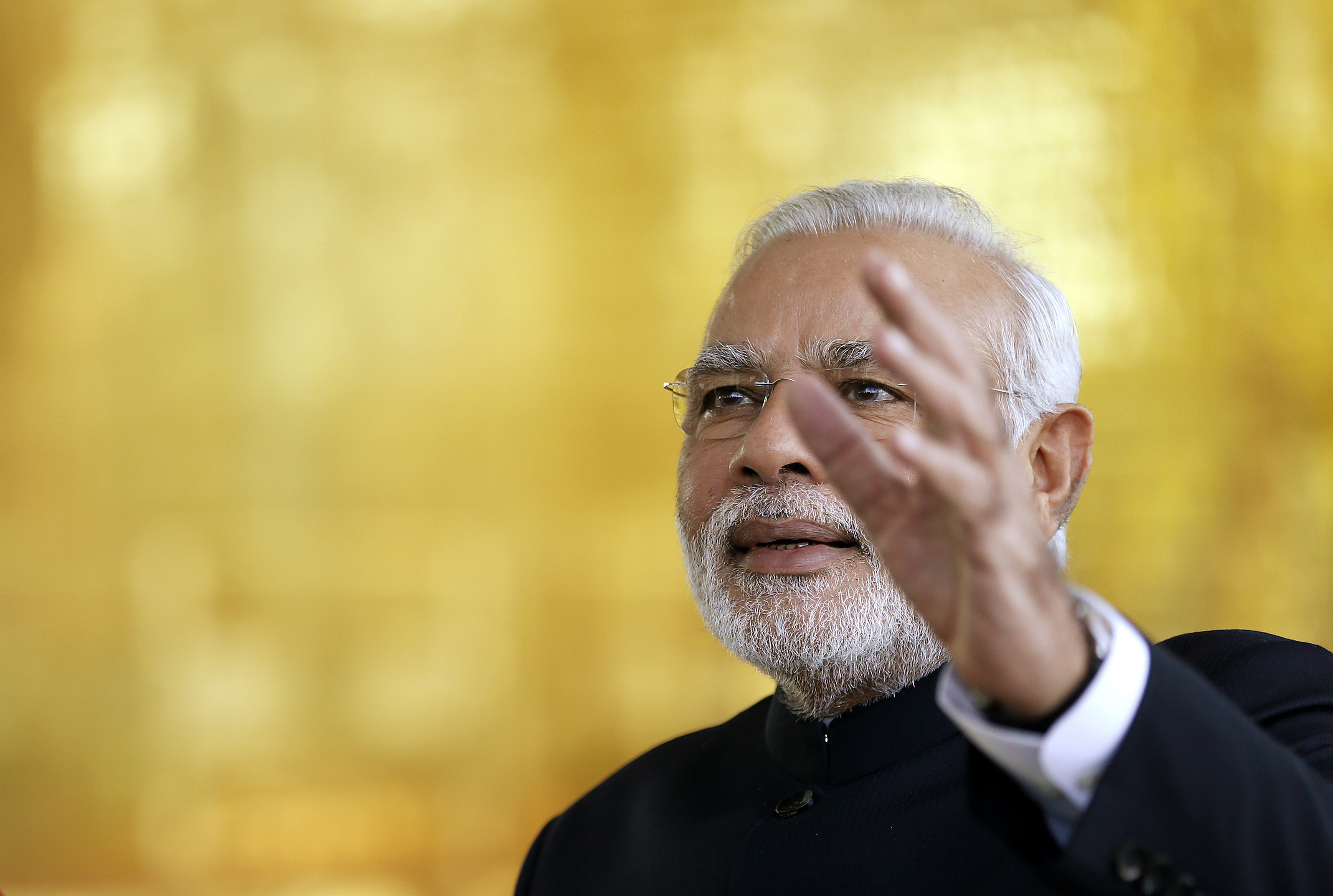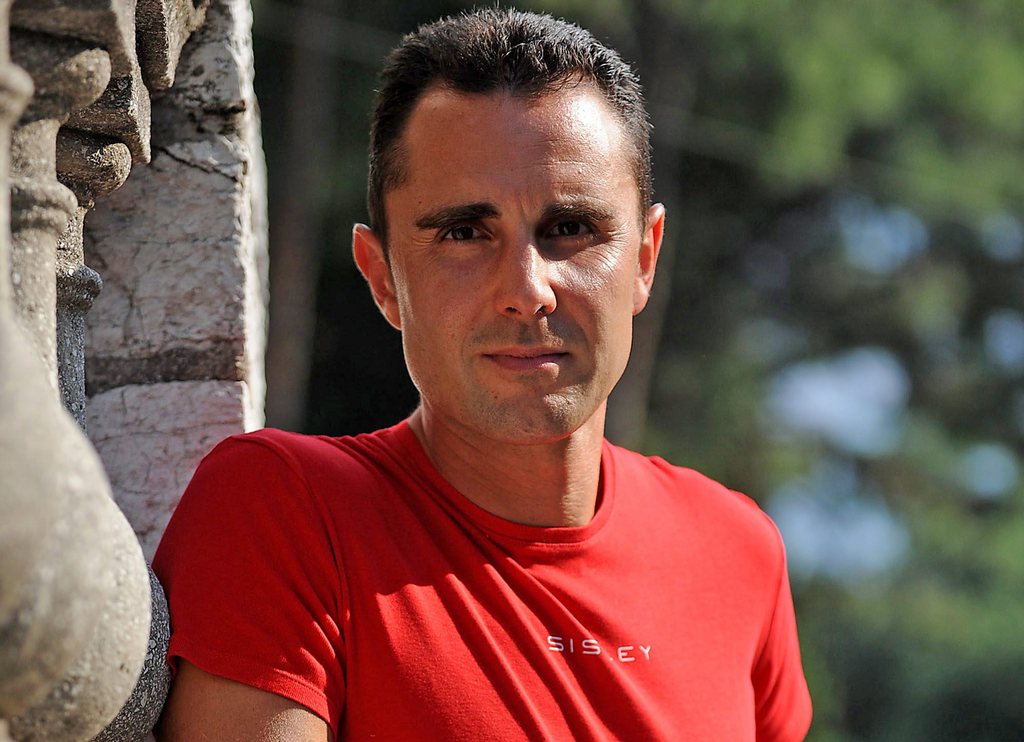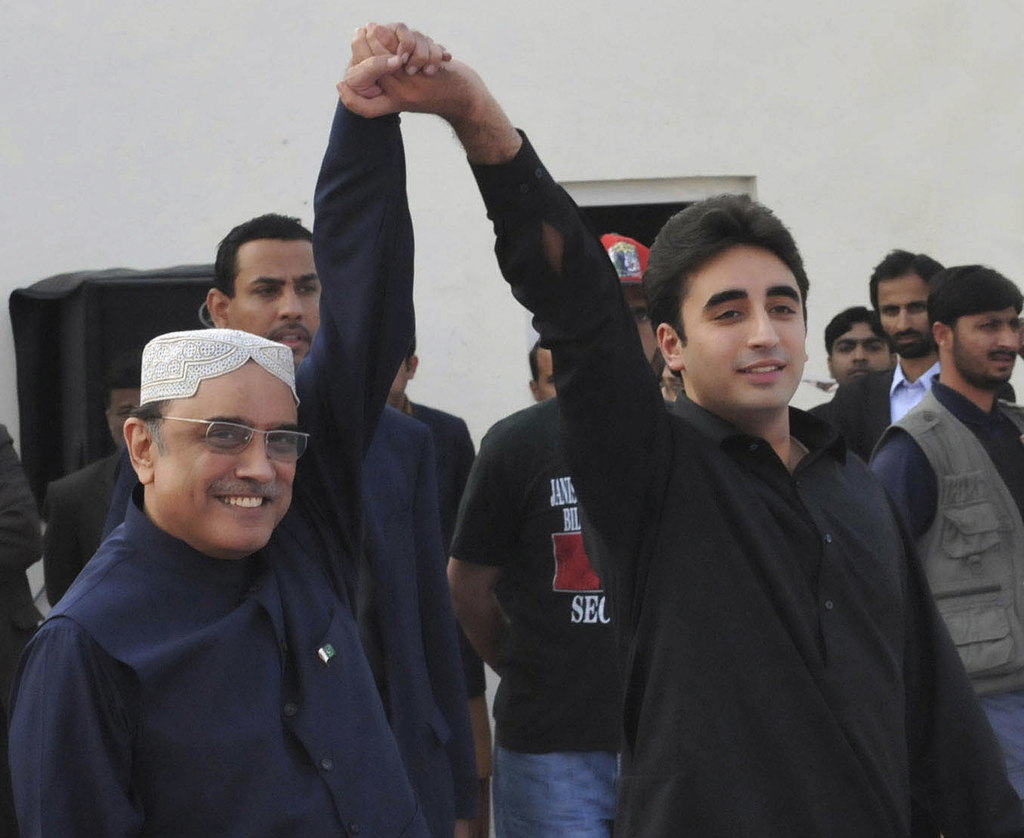Expectations too high for Pakistan-Swiss talks

A delegation from Pakistan is currently in Switzerland to re-negotiate the double taxation agreement between the two countries. However, Pakistan is unlikely to gain access to information on its citizens’ illegal assets in Swiss banks anytime soon.
The Pakistani delegation’s visit has been garnering a lot of attention in the Pakistan media:
Dar says talks in August to bring back $200bn in Swiss banks | #PakistanExternal link | http://t.co/EHDJk2vcaSExternal link pic.twitter.com/ZltixwcfIxExternal link
— Dawn.com (@dawn_com) July 31, 2014External link(News) Talks to retrieve $200b from Swiss banks to be held in August: Dar http://t.co/e6Y2vYh6lBExternal link #PakistanExternal link
— The Express Tribune (@etribune) July 31, 2014External link‘Govt upbeat to bring back looted $200bn from Swiss banks to Pakistan’ http://t.co/ubydIUFZVzExternal link via @arynewsofficialExternal link
— ARY News (@ARYNEWSOFFICIAL) June 9, 2014External linkAn official from Pakistan’s Federal Board of Revenue told swissinfo.ch that the two-person delegation comprises of Muhammad Ashfaq Ahmad, Chief of International Taxes and Sajida Kausar, Secretary of International Taxes.
No silver bullet
The double taxation agreement between the two countries was signed in July 2005 and came into force in 2008. According to Mario Tuor of the Swiss State Secretariat for International Financial Matters, the negotiations will centre around the Organisation for Economic Co-operation and Development’s (OECD) Model Tax Convention that Switzerland signed in 2013. This convention allows the exchange of tax information on request and Pakistan will want to use this to its advantage.
However, even with a revised double taxation agreement, Pakistan will still need to do a lot of “homework” before gaining access to Swiss banking information concerning its citizens. It will have to demonstrate that any information it wants from Switzerland has “foreseeable relevance” to a criminal investigation into tax evaders in Pakistan, according to article 26 of OECD’s Model Tax Convention. Thus “fishing expeditions”, i.e. speculative requests that have no apparent link to an open inquiry or investigation will not be considered.
This puts Pakistan at a relative disadvantage compared to other countries like India. At the moment, there are no announcements that Pakistan – unlike India – possesses concrete evidence of wrongdoing by its citizens. India has obtained 782 names taken from a list of HSBC bank clients given to French authorities by former bank employee, Hervé Falciani, who worked at the bank’s Geneva branch.
Even though Swiss authorities refuse to provide assistance on the basis of stolen data, the information has proved useful in applying pressure on Switzerland. India has also recently used this information to arm twist its citizens to voluntarily declare their Swiss assets in return for reduced penalties.
And Swiss banking secrecy could get even tougher if a new law comes in to force. Profiting from stolen banking information could become a punishable offence in Switzerland according to a proposal by the Swiss cabinet that will be debated in parliament in its next session beginning in about two weeks’ time.
Unrealistic expectations
Swiss banks have become inextricably linked with corruption discourse in Pakistan. Almost every call for tackling corruption is accompanied by a demand for repatriating stolen money from Switzerland.
“Retrieving money stashed abroad is a bit of a red herring in Pakistan’s political culture,” Khurram Husain, journalist at Pakistan’s Dawn newspaper told swissinfo.ch. “There are those who have made it their political line that all of the country’s problems flow only from corruption, and therefore all problems will be solved once this money is retrieved. The hype around Swiss bank accounts owes itself largely to this kind of politics.”
The scale of the assets held by Pakistani citizens in Swiss banks has also been attracting controversy. An extraordinary figure of $200 billion attributed to Finance Minister Ishaq Dar has been circulating in the Pakistani media. Husain recently offered an insight of how this staggering figure probably came into circulation in his Numbers in the newsExternal link article.
His analysis is supported by the Swiss National Bank’s statistics that indicate the figure is grossly inflated. It provides a geographical breakdown of assets and liabilities of all the Swiss banks it supervises. The “amount due” to clients from Pakistan amounts to a more modest CHF 1.01 billion or $1.11 billion. This includes assets held by individuals and companies both legal and potentially undeclared.
To put this into perspective, Pakistani citizens living abroad have sent $15.83 billion or CHF 14.49 billion in remittances to the country in the 2013-14 period according to the Ministry of Finance.
“The amounts stashed abroad are routinely overstated and the procedures involved in retrieving these amounts [of money] are commonly portrayed as straightforward,” shared Husain. This could be one of the reasons the Pakistani tax delegation will find it next to impossible to meet the high expectations.
In 2013, Pakistan ranked 127 of 177 countries in Transparency International’s Corruption Perception Index. The country also has one of the lowest tax-to-GDP ratios in the world at around 8.5% of GDP in the 2012-13 period.
Pakistani politicians are widely perceived to be the main beneficiaries of high levels of corruption and poor tax enforcement. Transparency International’s Global Corruption Barometer for 2013 reveals that 76% of Pakistani citizens felt that political parties were corrupt. Only the police (82%) and public servants (81%) ranked worse and this is likely due to the fact that ordinary citizens interact with them far more frequently than politicians on a daily basis.
A 2011 report published by Umar Cheema of the Center for Investigative Reporting in Pakistan revealed that 61% of all lawmakers in the parliament and provincial assemblies did not pay income tax in the year they contested elections according to their nomination papers.
Switzerland has been among the top investors in Pakistan for many years. According to figuresExternal link released by the State Bank of Pakistan, it was the third largest source of net foreign direct investment in the country for the period July 2013 to March 2014 investing $226 million or CHF 207 million during the nine months.

In compliance with the JTI standards
More: SWI swissinfo.ch certified by the Journalism Trust Initiative




You can find an overview of ongoing debates with our journalists here. Please join us!
If you want to start a conversation about a topic raised in this article or want to report factual errors, email us at english@swissinfo.ch.